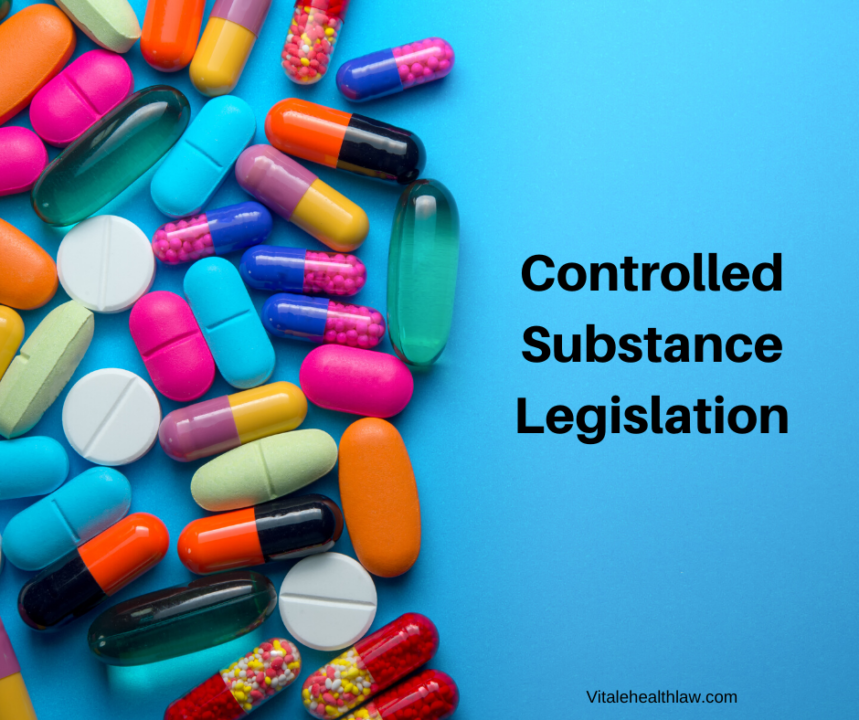
A group of bipartisan lawmakers is looking to add more ammunition to existing laws designed to identify, report and prevent the distribution of “suspicious orders of controlled substances.â€
Senators Dianne Feinstein, Chuck Grassley, Shelley Moore Capito and Dick Durbin recently introduced the Preventing Pill Mills Through Data Sharing Act, a bill that would, for the first time, impose reporting requirements on pharmacies.
The legislation would:
- Require drug manufacturers and distributors to report the sale, delivery, or other disposal of all controlled substances on a monthly, rather than a quarterly basis as current law requires.
- Extend the penalties and reporting requirements that currently apply to drug manufacturers and distributors to pharmacies.
- Require the DEA to provide quarterly reports to manufacturers, distributors and pharmacies in a format and manner that better facilitates the identification of suspicious orders.
- Require the DEA to provide Congress the same reports that it provides to states every six months, and expands the reporting requirements to include unusual volumes of controlled substances that are disposed of, rather than sold, and unusual numbers of deleted transactions of high volumes of controlled substances.
The bill builds on the Using Data to Prevent Opioid Diversion Act, a bill passed last year which created penalties for drug distributors and manufacturers that fail to identify, stop and report suspicious orders of opioids.
A 2019 Justice Department Inspector General report on the DEA’s response to the opioid crisis found that the current quarterly reporting requirement for drug manufacturers and distributors results in outdated reporting, hampering the detection of suspicious orders. The report also found that while the DEA has taken steps to address the opioid epidemic as a national crisis, the agency was slow to respond to the significant rise in the use and diversion of opioids since the early 2000s.
Feinstein pointed to one West Virginia town with 392 people that received nearly nine million pills in a single year. “The data needed to stop pharmacies from becoming pill mills already exists, we just have to make it accessible so suspicious orders can be spotted and reported to the authorities,†she said.
A number of states have taken action to stop the questionable dispensing of opioids including Florida. In July 2018, Florida enacted legislation that requires dispensing providers to consult Florida’s Prescription Drug Monitoring Program (PDMP) before dispensing controlled substances to patients, and they have to report any controlled substances dispensed in the PDPM the following business day.
Providers, pharmacists, manufacturers and distributors would be well advised to keep current with existing, as well as possible future laws and regulations governing the prescription, sale and distribution of controlled substances. The Health Law Offices of Anthony C. Vitale can assist you with reporting obligations to ensure that you are in compliance.
If you have any questions contact us at 305-358-4500 or email us at info@vitalehealthlaw.com.
Ready to find out more?
Call 305-358-4500 to schedule a
FREE 15-minute consultation today!
